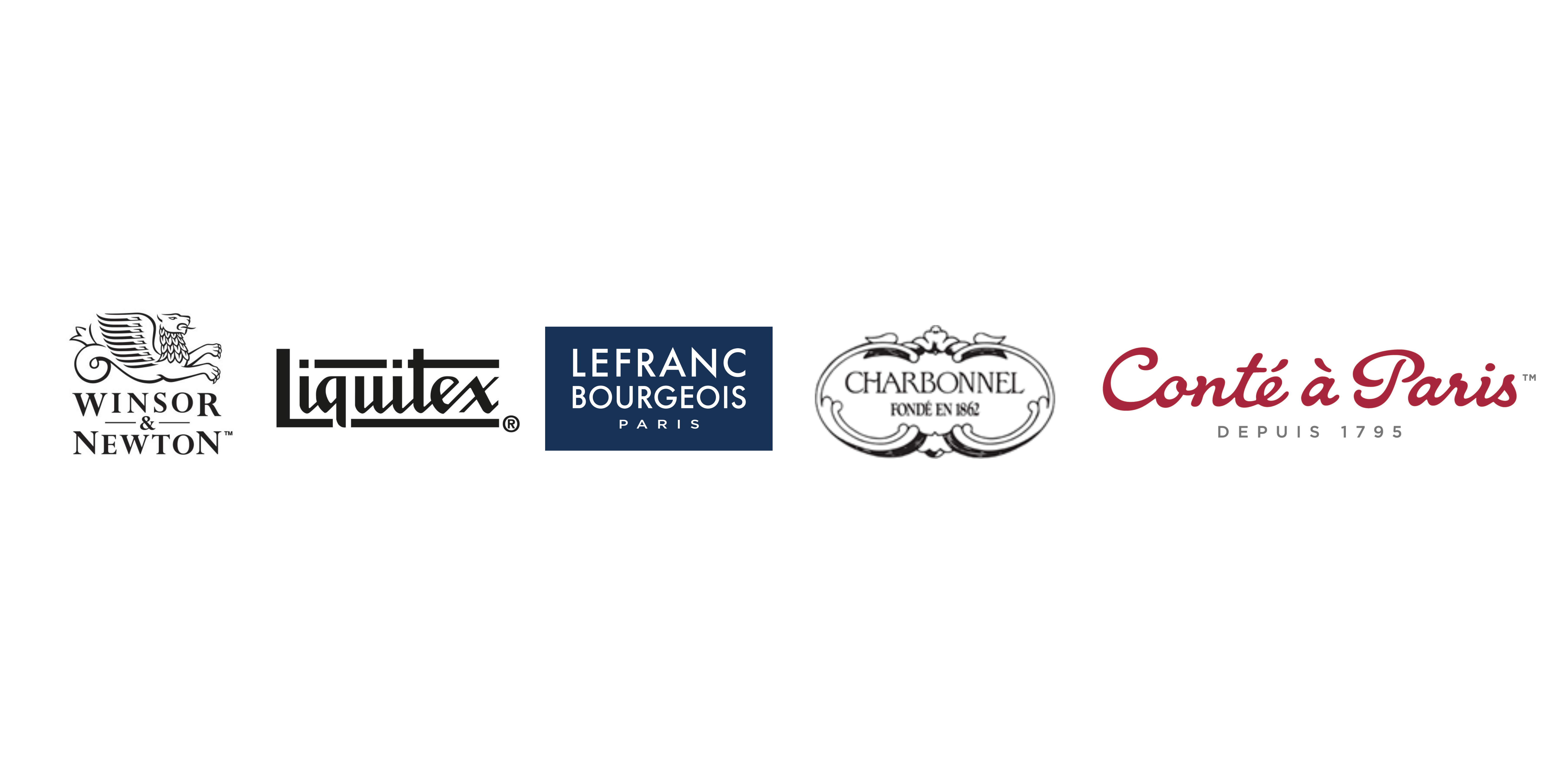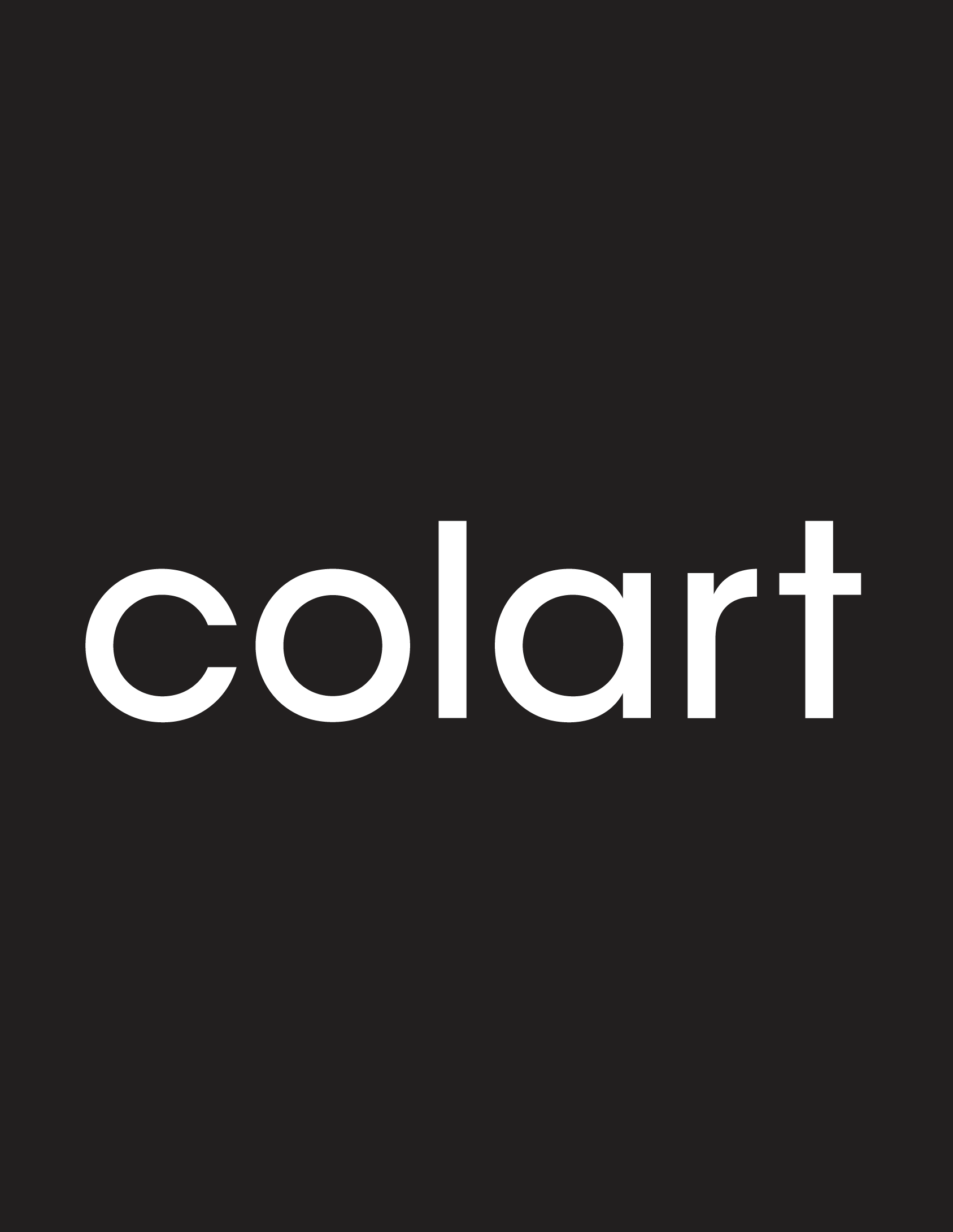

Colart

London Borough of Hammersmith and Fulham, United Kingdom
May 2023
Chemicals & chemical products
Manufacturing
China,
France,
United Kingdom,
United States
Colart Group is the global parent company of the world's most popular art material brands, including Winsor & Newton, Liquitex, Lefranc Bourgeois, Conté à Paris, Charbonnel and Snazaroo. Colart draws inspiration from artists in developing innovative products and fosters creativity from professional artists, creative industries, hobbyists, and students. Our sustainability manifesto focuses on increasing social impact by engaging with communities through creative thinking and artist and colleague wellbeing; and by decreasing environmental impact through energy and water sources, packaging and waste supplies, and product ingredients. The Colart Group employs over 1,000 people in 12 countries, and its products are sold in over 120 countries worldwide. Lindéngruppen owns Colart, a family-owned business focused on the long-term development of industrial companies.
Overall B Impact Score
Governance 15.8
Governance evaluates a company's overall mission, engagement around its social/environmental impact, ethics, and transparency. This section also evaluates the ability of a company to protect their mission and formally consider stakeholders in decision making through their corporate structure (e.g. benefit corporation) or corporate governing documents.
Workers 23.3
Workers evaluates a company’s contributions to its employees’ financial security, health & safety, wellness, career development, and engagement & satisfaction. In addition, this section recognizes business models designed to benefit workers, such as companies that are at least 40% owned by non-executive employees and those that have workforce development programs to support individuals with barriers to employment.
Community 13.9
Community evaluates a company’s engagement with and impact on the communities in which it operates, hires from, and sources from. Topics include diversity, equity & inclusion, economic impact, civic engagement, charitable giving, and supply chain management. In addition, this section recognizes business models that are designed to address specific community-oriented problems, such as poverty alleviation through fair trade sourcing or distribution via microenterprises, producer cooperative models, locally focused economic development, and formal charitable giving commitments.
Environment 18.9
Environment evaluates a company’s overall environmental management practices as well as its impact on the air, climate, water, land, and biodiversity. This includes the direct impact of a company’s operations and, when applicable its supply chain and distribution channels. This section also recognizes companies with environmentally innovative production processes and those that sell products or services that have a positive environmental impact. Some examples might include products and services that create renewable energy, reduce consumption or waste, conserve land or wildlife, provide less toxic alternatives to the market, or educate people about environmental problems.
Customers 15.8
Customers evaluates a company’s stewardship of its customers through the quality of its products and services, ethical marketing, data privacy and security, and feedback channels. In addition, this section recognizes products or services that are designed to address a particular social problem for or through its customers, such as health or educational products, arts & media products, serving underserved customers/clients, and services that improve the social impact of other businesses or organizations.